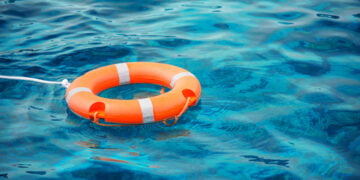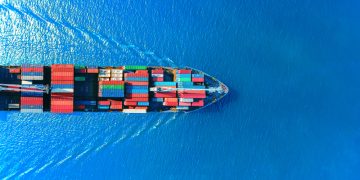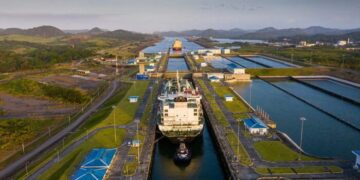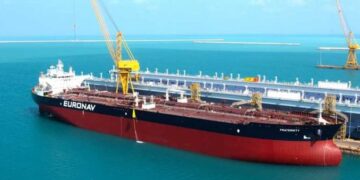Main index drops 4.4 percent The Baltic Exchange's main sea freight index, which tracks rates to ship dry commodities, fell for a fifth straight session on Wednesday due to lack of demand.The index had been expected to come under pressure early in the New Year, typically a slow period for the freight market that is likely to be exacerbated by the oversupply of vessels."There's not enough of anything being shipped to absorb vessel supply," one major European shipbroker said, adding, "It can only get worse."The index, which gauges the cost of shipping commodities such as iron ore, cement, grain, coal and fertiliser, dipped 72 points or 4.43 percent to 1552 points.Rising tensions betweenIran and the United States and the European Union were being watched in the tanker market.These tensions have had little effect on the dry bulk market, however. Minimal bulk commodity tonnage moves through the Strait.The U.S. and the EU on Wednesday agreed in principle to ban Iranian oil imports but have yet to decide when an embargo would come into effect.Iran has warned that it could close the Strait of Hormuz to oil shipping in a response to the sanctions.The Baltic's capesize index fell by 6.33 percent to ...
Read more

























































